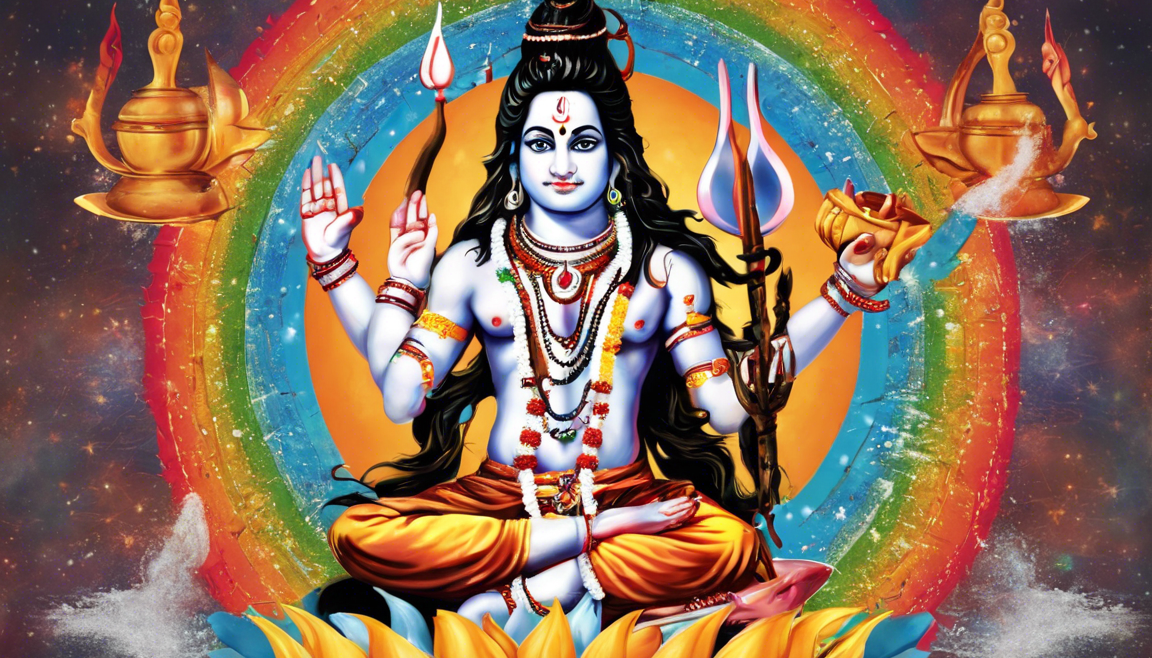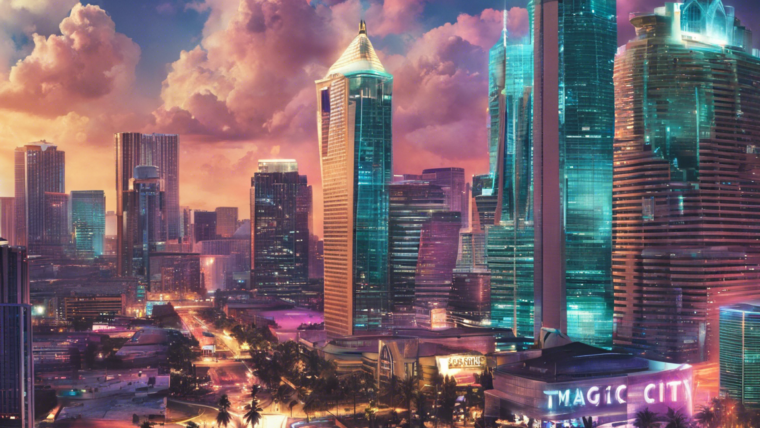Maha Shivaratri 2024 Date
Are you curious about when Maha Shivaratri will be celebrated in 2024? This important Hindu festival, which is dedicated to Lord Shiva, falls on the 13th night and 14th day of the lunar month of Phalguna. In 2024, Maha Shivaratri is set to be observed on Saturday, 24th March.
If you’re looking to delve deeper into the significance, rituals, and customs associated with Maha Shivaratri, you’ve come to the right place. In this blog post, we will explore these aspects as well as shed light on the spiritual and cultural importance of this auspicious occasion.
What is Maha Shivaratri?
Observed annually, Maha Shivaratri is a Hindu festival that reveres Lord Shiva, one of the principal deities of the religion. The name “Maha Shivaratri” translates to “the Great Night of Shiva”. Devotees observe fasts, perform rituals, and conduct prayers throughout the night to seek the blessings of Lord Shiva.
Significance of Maha Shivaratri
Maha Shivaratri holds immense significance in Hindu mythology and scriptures. It is believed that on this night, Lord Shiva performs the celestial dance of creation, preservation, and destruction. Devotees celebrate this day to seek the divine blessings of Lord Shiva for good health, peace, and prosperity.
Celebrations and Rituals
1. Fasting: Many devotees observe a strict fast on Maha Shivaratri, consuming only fruits, milk, and water.
2. Nightlong Vigil: Devotees stay awake all night, chanting prayers, singing bhajans, and meditating on Lord Shiva.
3. Abhishekam: The ritualistic bathing of Shiva lingam with milk, honey, ghee, and water is a common practice on Maha Shivaratri.
4. Visiting Temples: Pilgrims flock to famous Shiva temples to offer prayers and seek blessings.
Spiritual Significance
Maha Shivaratri is considered a night of transformation and spiritual awakening. It is believed that sincere devotion and prayers on this night can purify the soul, remove past sins, and pave the way for enlightenment.
Cultural Celebrations
In addition to religious observances, Maha Shivaratri is also celebrated with cultural programs, music concerts, and dance performances. The festival brings communities together in a spirit of devotion and joy.
Frequently Asked Questions (FAQs) About Maha Shivaratri
1. What is the story behind Maha Shivaratri?
Maha Shivaratri celebrates the marriage of Lord Shiva to Goddess Parvati. It is also believed to be the night when Lord Shiva performed the Tandava, the cosmic dance of creation and destruction.
2. Can anyone observe Maha Shivaratri fast?
While fasting on Maha Shivaratri is a common practice, individuals with health conditions or other constraints should consult with a healthcare provider before undertaking a fast.
3. What are some common offerings made to Lord Shiva on Maha Shivaratri?
Devotees offer Bilva leaves, fruits, milk, honey, and water to Lord Shiva on Maha Shivaratri. These offerings are believed to please the deity and bring blessings.
4. Why is the Shiva lingam worshipped on Maha Shivaratri?
The Shiva lingam symbolizes the formless aspect of Lord Shiva. Worshipping the lingam on Maha Shivaratri is believed to invoke the presence and blessings of Lord Shiva.
5. How is Maha Shivaratri celebrated in different regions of India?
Maha Shivaratri celebrations vary across India, with regions having unique customs and traditions. For example, in North India, devotees offer prayers and perform Rudrabhishekam, while in South India, grand processions and cultural events are organized.
6. Is meditation important on Maha Shivaratri?
Meditation plays a significant role on Maha Shivaratri as it helps devotees focus their minds, connect with the divine, and experience spiritual growth and inner peace.
7. What is the significance of chanting ‘Om Namah Shivaya’ on Maha Shivaratri?
Chanting the sacred mantra ‘Om Namah Shivaya’ is believed to invoke the energy and blessings of Lord Shiva. It is a common practice among devotees on Maha Shivaratri.
8. How does Maha Shivaratri promote spiritual growth and self-discipline?
Maha Shivaratri encourages self-discipline through fasting, meditation, and prayer. By abstaining from worldly pleasures and focusing on spiritual practices, individuals can enhance their spiritual awareness and growth.
9. Are there any specific dos and don’ts for observing Maha Shivaratri?
While observing Maha Shivaratri, it is advisable to maintain cleanliness, adhere to traditional rituals, show respect to the deity, and avoid indulging in negative thoughts or actions.
10. How can one make the most of Maha Shivaratri celebrations at home?
For those unable to visit temples or participate in public celebrations, observing Maha Shivaratri at home through prayers, meditation, reading scriptures, and performing simple rituals can be a fulfilling way to connect with the divine.
In conclusion, Maha Shivaratri is a sacred festival that holds deep spiritual and cultural significance for millions of devotees worldwide. By understanding its rituals, traditions, and the story behind it, one can truly appreciate the essence of this auspicious occasion. Whether you choose to observe Maha Shivaratri through fasting, prayers, or cultural activities, may this festival bring you closer to Lord Shiva and fill your life with blessings and positivity.
Om Namah Shivaya!


